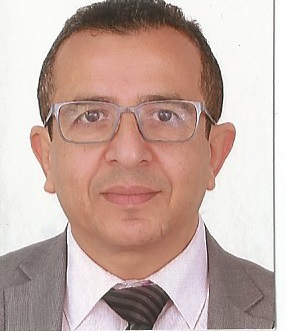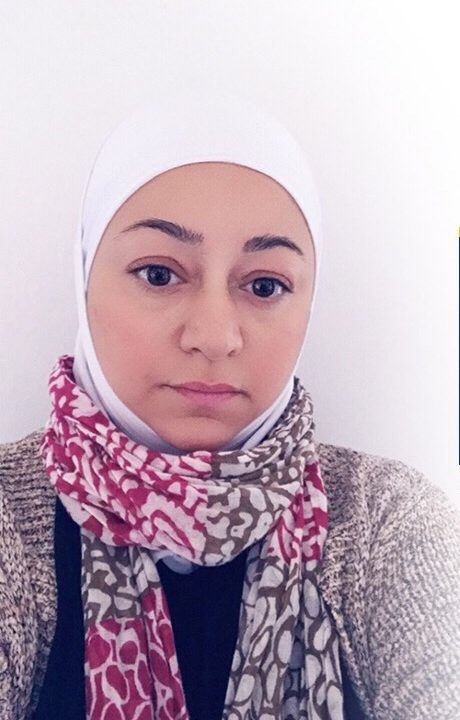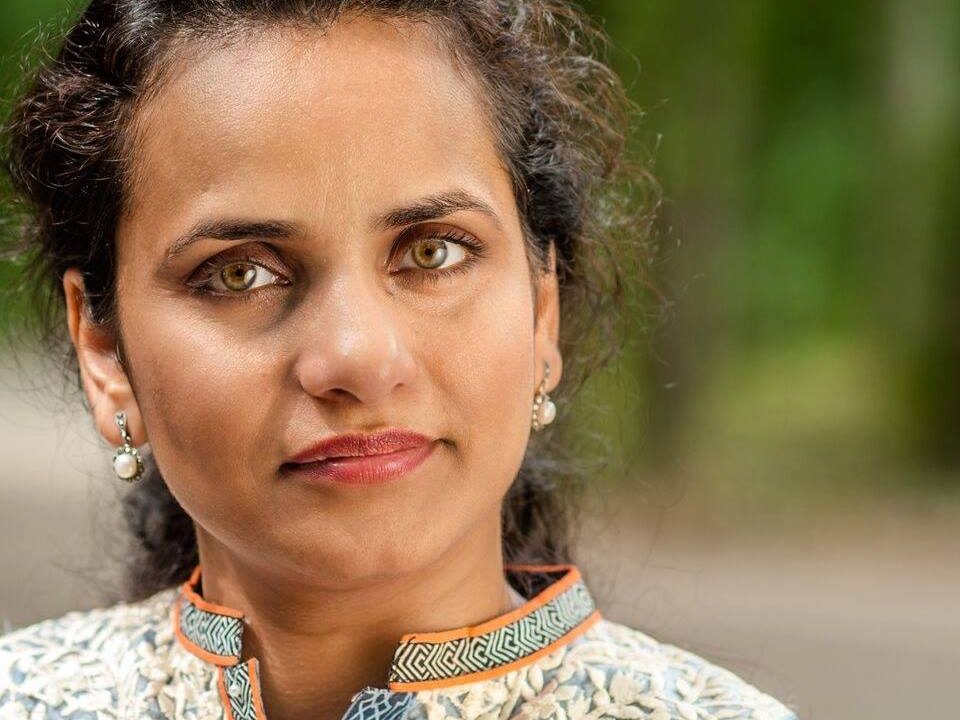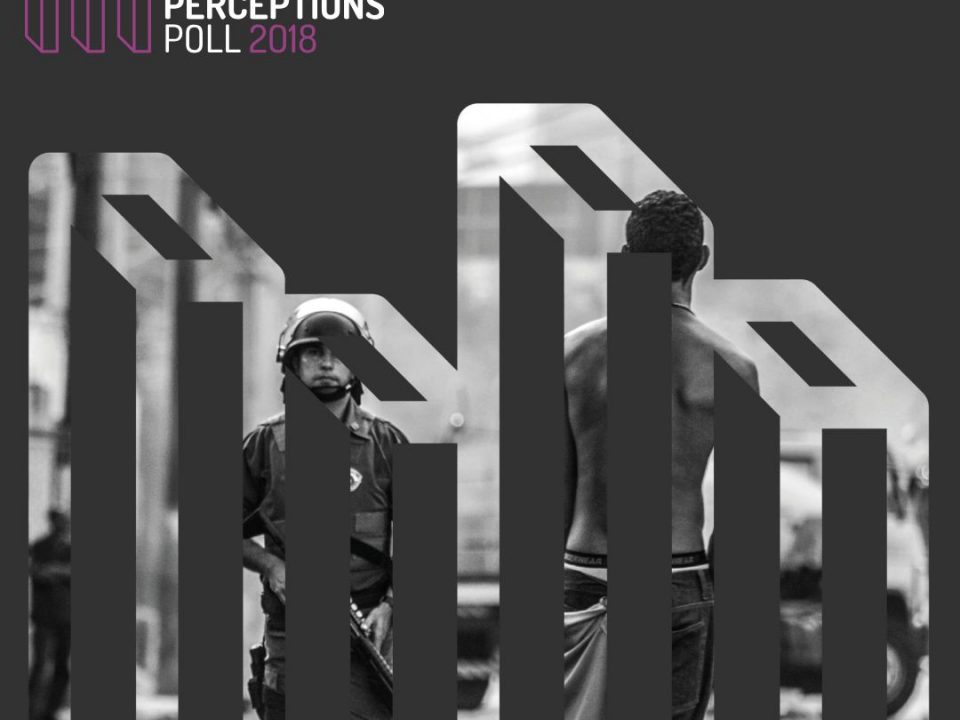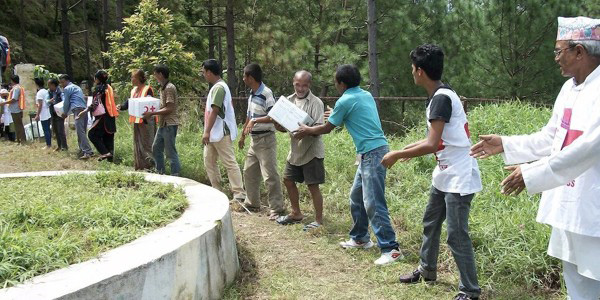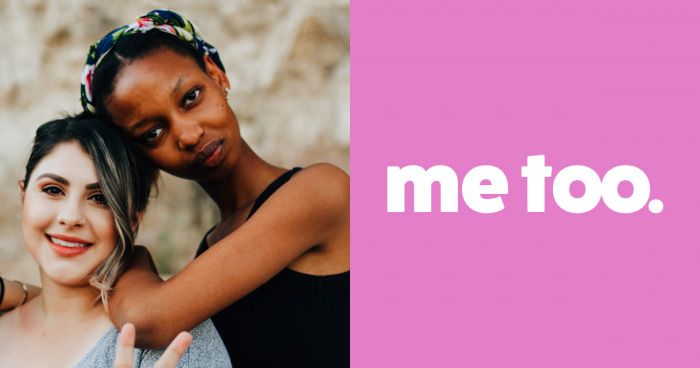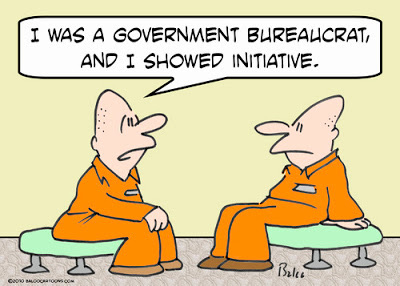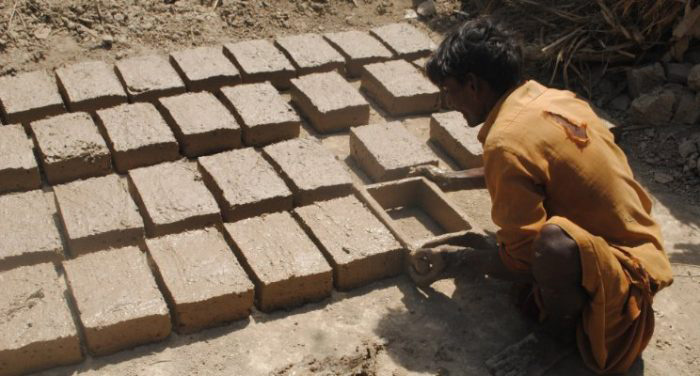- Filter by
- Categories
- Tags
- Authors
- Show all
- All
- academia
- accountability
- adaptation
- afghanistan
- aid
- aid effectiveness
- architecture
- Argentina
- asylum-seeker
- budget
- bureaucracy
- business
- capacity sharing
- child protection
- children's rights
- citizen engagement
- citizen participation
- citizen voice
- climate c
- climate change
- colombia
- community
- community development
- comparative development
- conflict
- cooperation
- COP21
- COP26
- corporations
- Covid-19
- data
- decision-making
- decolonisation
- Democratic Republic of Congo
- developing countries
- development
- development co-operation
- development effectiveness
- development finance
- dialogue
- disaster preparedness
- disaster response
- domestic resource mobilisation
- donors
- DRC
- economic empowerment
- emergency preparedness
- employment
- entrepreneurship
- equality
- espanol
- EU
- evaluation
- feedback loops
- feminism
- français
- gender
- gender equality
- gender-based violence
- global development
- gpedc
- grand bargain
- Haiti
- health
- homeless
- housing
- human rights
- humanitarian aid
- humanitarian effectiveness
- ICT4D
- inclusion
- indirect cost recovery
- inequality
- information
- INGOs
- innovation
- integration
- international cooperation
- international humanitarian law
- jobs
- Kenya
- knowledge
- language
- least
- least developed countries
- LGBTI
- local aid workers
- local development
- local NGOs
- localisation
- men
- mental health
- mexico
- migrants
- migration
- mining
- minorities
- mirps
- multinationals
- natural disasters
- negotiations
- NGOs
- Nigeria
- Northern
- ODA
- OECD
- ownership
- Pacific
- participation
- participatory methods
- partnerships
- peace
- perceptions
- perceptual data
- perspectives
- philanthropy
- Philippines
- policy
- policymaking
- politics
- poverty
- power
- protection
- racism
- RDC
- refugees
- representation
- Republique Democratique du Congo
- resilience
- responsiveness
- rights
- sexual abuse
- sexual harassment
- social accountability
- social justice
- solidarity
- South-South cooperation
- Southern
- southern voices
- statistics
- sustainable development
- sustainable tourism
- Syria
- Tanzania
- tax
- time
- transparency
- Uganda
- Ukraine
- UN
- united nations
- Vietnam
- water and sanitation
- women
- women's rights
- world food day
- world humanitarian summit
- youth
July 17, 2019
Published by Farida Tchaitchian Bena at July 17, 2019
Categories
The recent influx of refugees and migrants to Europe has brought to light the complexity of migration and how it is often linked to the development of the countries these people are escaping from. I discuss these issues with a former colleague of mine, Anas El Hasnaoui, who represents the Arab NGO Network for Development. Anas talks about the linkages between migration and development, particularly in his region, North Africa.
June 17, 2019
Published by Farida Tchaitchian Bena at June 17, 2019
Categories
For my second interview with refugees advocating on behalf of other refugees I have reached out to Shaza Nabeel Al-Rihawi, a Syrian woman who now lives in Germany, where she works for the research institute LifBi. Shaza is also a member of the European Migrant Advisory Board and the co-founder of the Network for Refugee Voices. As World Refugee Day fast approaches, Shaza recalls the many challenges she has had to face to reunite with her family, rebuild her life from scratch and strive to improve refugees’ participation in the decisions that directly affect them.
May 27, 2019
Published by Farida Tchaitchian Bena at May 27, 2019
Categories
With this post I have decided to focus almost exclusively on interviewing Southern policy-makers, practitioners and citizens, at least for the next few months. There really isn’t any need to filter what they think of humanitarian aid, development or climate change. The people I meet through my work often only need to have their voices amplified – and that’s what this blog is all about.
In the lead up to World Refugee Day on 20 June, it seems fitting to inaugurate a series of interviews I like to call “Refugees for Refugees”.
March 3, 2019
Published by Farida Tchaitchian Bena at March 3, 2019
Categories
By this time of the year, wishing world peace may sound naïve and out of place. But for many people living in conflict zones, believing that peace is possible is surprisingly common. Inversely, it is often in more peaceful countries that we find the least optimistic people. This is what transpires from the first-ever Peace Perceptions Poll (2018), an initiative led by the NGO International Alert and the British Council in partnership with polling agency RIWI.
December 22, 2018
Published by Farida Tchaitchian Bena at December 22, 2018
Categories
At the beginning of the year I wrote about the challenge of localising aid or, broadly put, how to help local civil society organisations to better respond to a crisis by strengthening their capacity and channeling more international funding directly through them. As 2018 draws to a close, I come back to this topic to share the latest thinking based on what I heard from a few local partners themselves at a recent event held in The Hague.
September 29, 2018
Published by Farida Tchaitchian Bena at September 29, 2018
Categories
During the summer break I finally had the time to reflect on the impact of the “Me Too” movement on the aid sector. A lot has been said already and yet we still know very little about the actual scale of the problem and even less about how it affects local aid workers in developing countries. This is what I find peculiar about current discussions on sexual harassment and abuse. Most of them reflect an expat’s lens instead of local workers' views.
June 16, 2018
Published by Farida Tchaitchian Bena at June 16, 2018
Categories
This year marks my twentieth anniversary of working in the humanitarian and development sector. One of the issues I grapple most with these days is whether international aid is still, fundamentally, a Western construct based on assumptions that are no longer relevant, or if it is a universal form of assistance that takes different shapes depending on the region of the world we work in. In particular, if international cooperation is truly universal, is it paying more attention to what Southern citizens and the people directly affected by a crisis think of the aid they receive across the board, or is citizen engagement just another Western trend?
April 4, 2018
Published by Farida Tchaitchian Bena at April 4, 2018
Categories
There are plenty of studies on civil society movements – how they start, grow and make citizen voices heard. Much less do we know about what happens at the other side of the negotiating table: how do public officials interacting with civil society representatives decide to respond to their requests? What drives bureaucrats’ decisions and why?
January 30, 2018
Published by Farida Tchaitchian Bena at January 30, 2018
Categories
I have recently started a new job with the International Rescue Committee, a non-governmental organisation (NGO) that specialises in humanitarian aid in countries affected by conflict and natural disasters.
Coming back to the humanitarian sector after over a decade, I am struck to find that many discussions about the efficiency and effectiveness of aid replicate what has been said in development circles for years. One issue in particular is at the heart of discussions old and new: the challenge of ‘localising aid’, that is, helping local civil society organisations to better respond to a crisis through increased capacity and more direct funding from donor governments. Having agreed globally in 2016 that we should indeed localise aid, the humanitarian community is now tackling the big question: are we seeing any real change?
December 17, 2017
Published by Clinton Robinson at December 17, 2017
Categories
The development literature of the 1980s and 1990s gave considerable attention to participation in development – engaging local people, the “beneficiaries”, in decisions relating to their own development. This school of thought quickly drew criticism as the question was asked: what are they participating in? Of course, the answer was frequently that participation was little more than mobilising people in implementing an outside agenda, however well-meaning that may have been.

